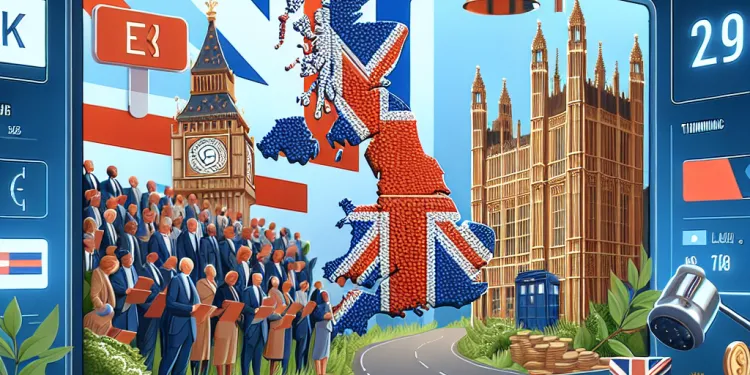
Find Help
More Items From Ergsy search
-
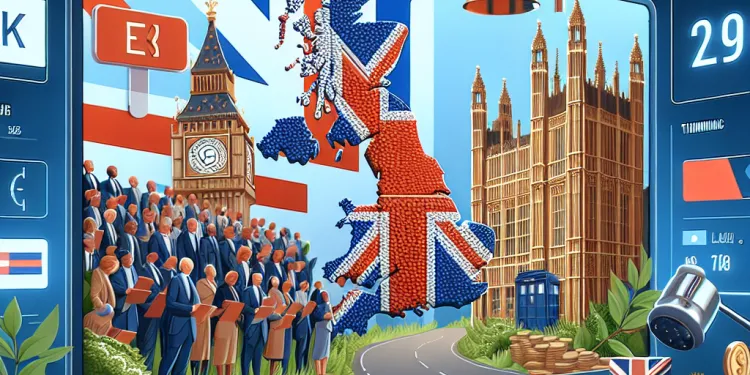
Navigating Changes in Family Law Post-Brexit
Relevance: 100%
-
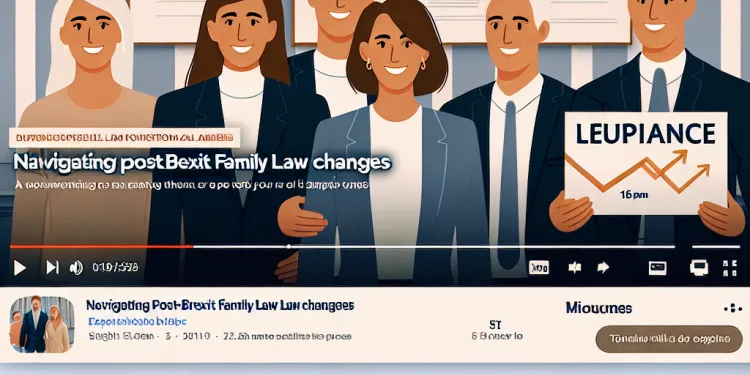
Navigating Post-Brexit Family Law Changes
Relevance: 99%
-
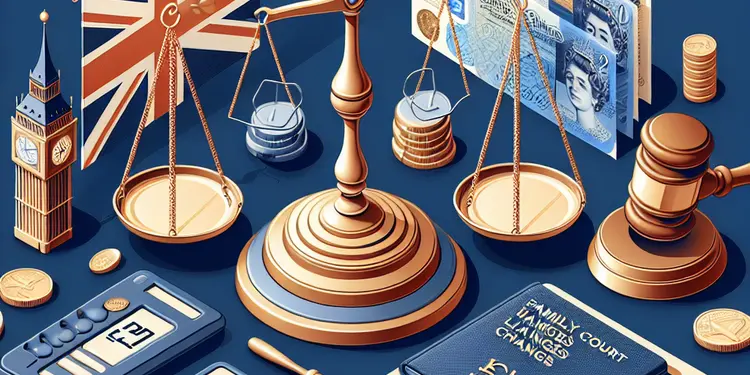
What are the changes to Family Court Law in 2026?
Relevance: 48%
-
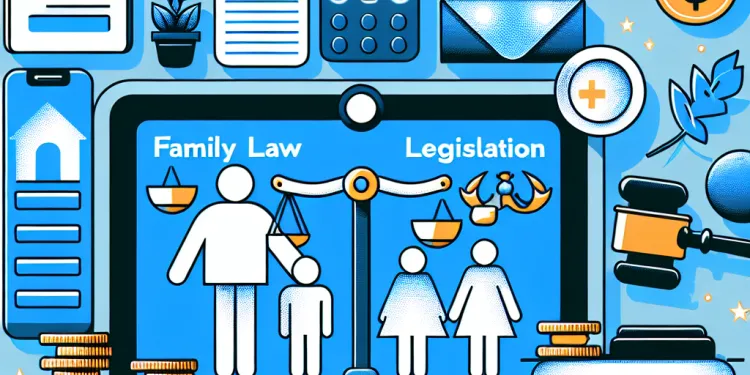
Impacts of Recent Changes to Family Law Legislation
Relevance: 47%
-

Magistrates in the Family Court: A Private Law Case
Relevance: 47%
-
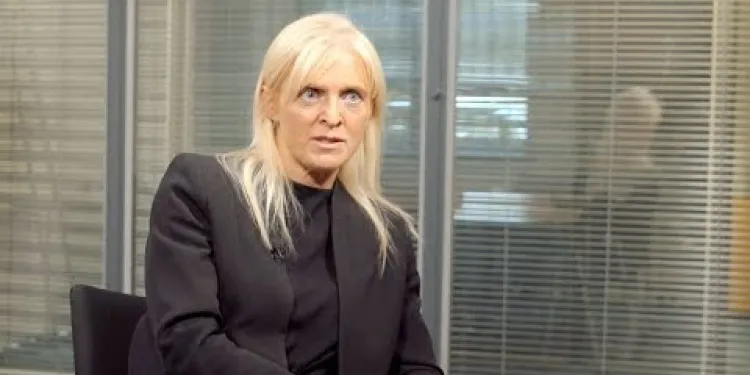
Child Care Proceedings | Family Law
Relevance: 43%
-
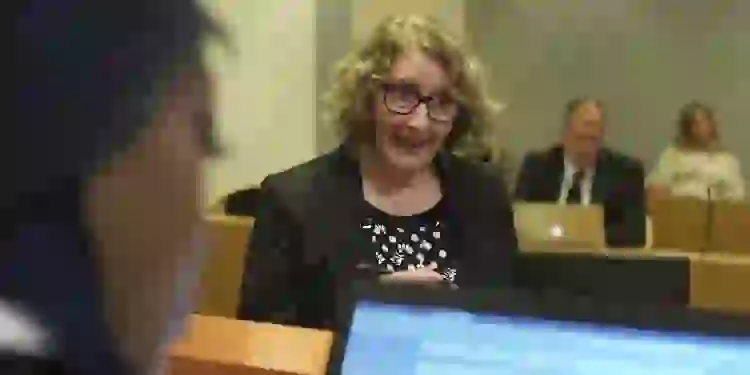
Magistrates in the Family Court: A Public Law Case
Relevance: 43%
-

Are there any changes to surrogacy arrangements under the 2026 family court law?
Relevance: 42%
-
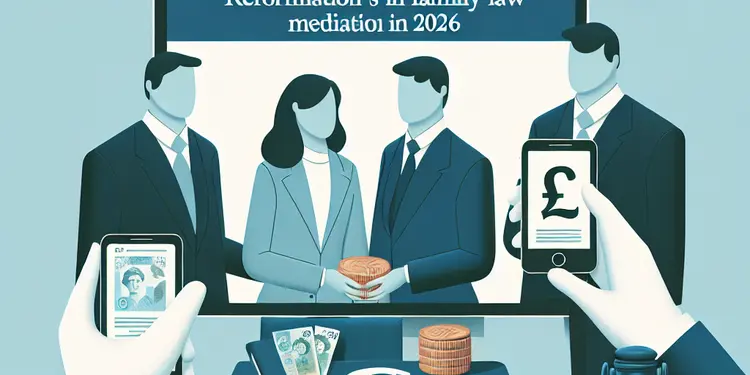
What changes have been made to mediation in family law cases in 2026?
Relevance: 40%
-

What are the key changes to family court law in 2026?
Relevance: 35%
-

How have child custody laws changed in 2026?
Relevance: 32%
-
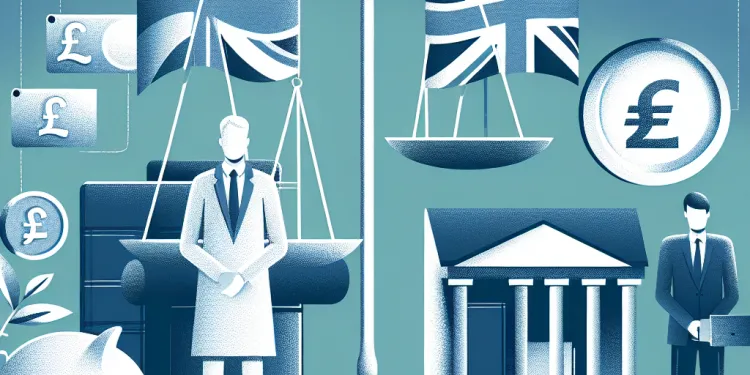
Understanding the New Domestic Abuse Laws in the UK
Relevance: 31%
-
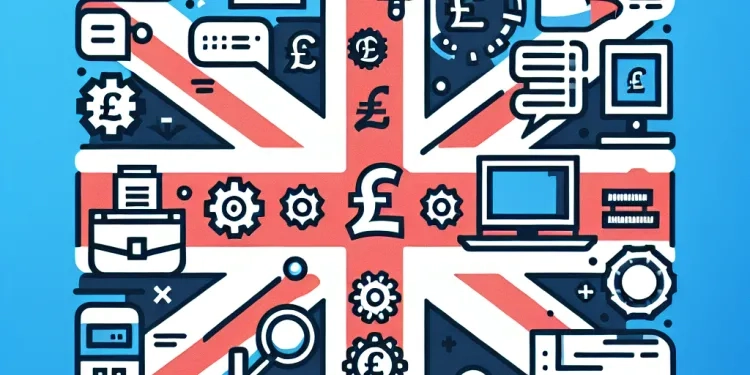
Are there specific laws governing SEND in schools?
Relevance: 31%
-

Who can be considered a domestic abuse perpetrator under the new law?
Relevance: 29%
-

Navigating Child Custody Laws in the UK
Relevance: 28%
-

Are there any laws against binge drinking?
Relevance: 28%
-
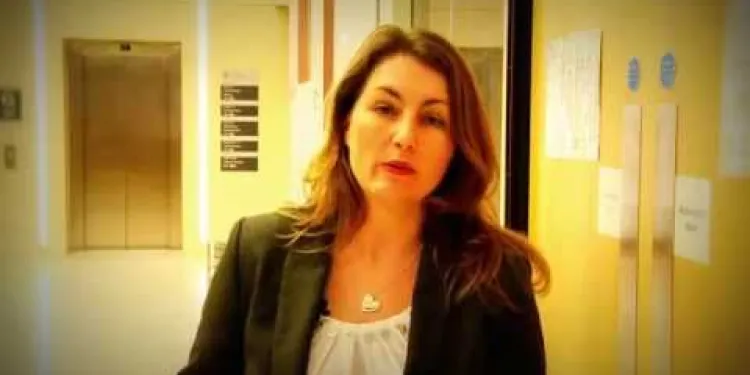
The Family Court without a Lawyer
Relevance: 28%
-

Are there modifications to legal aid access in family court for 2026?
Relevance: 27%
-

Are there privacy laws that protect me from neighbor's cameras?
Relevance: 27%
-

Are there specific laws against dangerous driving?
Relevance: 27%
-
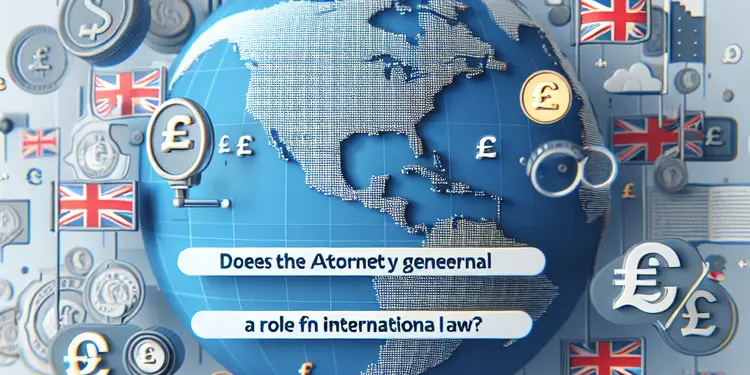
Does the Attorney General have a role in international law?
Relevance: 26%
-

Have the rights of same-sex couples been affected by the 2026 family court changes?
Relevance: 26%
-
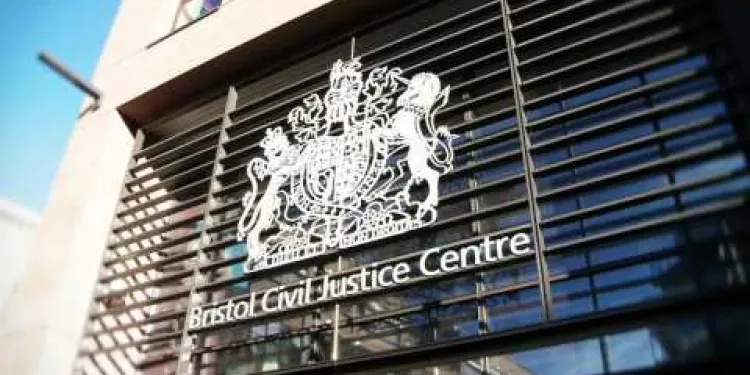
The Family Court without a Lawyer - Video 1 of 3
Relevance: 26%
-

What is adverse possession in property law?
Relevance: 26%
-

How do governments ensure compliance with wealth tax laws?
Relevance: 26%
-
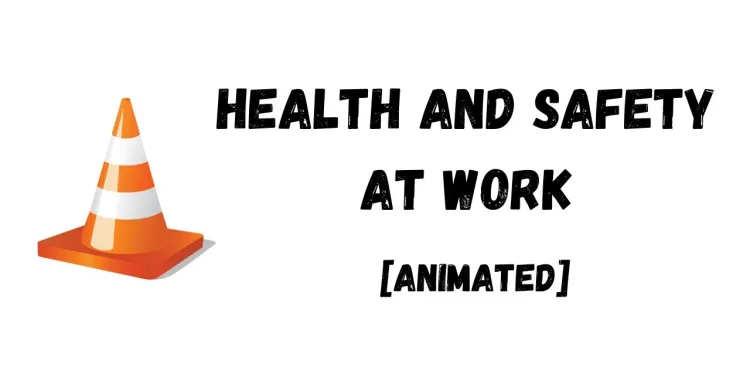
THE LAW IN 60 SECONDS | HEALTH AND SAFETY AT WORK
Relevance: 26%
-

Can cremation ashes be divided among family members?
Relevance: 26%
-

Emergency Legal Guidance: Navigating the Impact of Sudden Policy Changes on Families
Relevance: 26%
-

How are ashes returned to the family?
Relevance: 26%
-

The Benefits of Family Activities
Relevance: 25%
-

Do existing UK laws sufficiently protect under 16s on social media?
Relevance: 25%
-

What laws govern my right to access police records?
Relevance: 25%
-

How are rent increases regulated under the new law?
Relevance: 25%
-

What resources have been introduced for families involved in cross-border disputes in 2026?
Relevance: 25%
-

Does the HMRC Employer Bulletin cover changes in employment law?
Relevance: 25%
-

How does law enforcement typically identify drug offences?
Relevance: 25%
-

Landlord Licensing Laws Under Review as Tenants Call for Stronger Protections
Relevance: 24%
-

What are the new protocols for domestic violence cases in family court in 2026?
Relevance: 24%
-
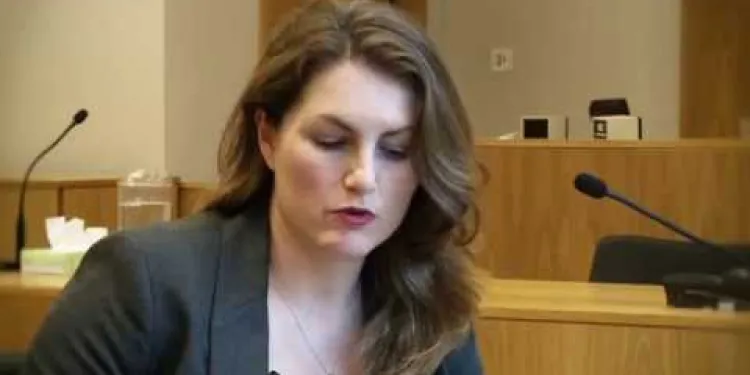
The Family Court without a Lawyer - Video 3 of 3
Relevance: 24%
-

What are the new Tenancy Law Reforms in the UK in 2025?
Relevance: 23%
Navigating Changes in Family Law Post-Brexit
Introduction
Brexit has brought about significant changes in many sectors, and family law is no exception. For individuals and families in the United Kingdom, understanding how these changes affect family law is crucial. The modifications in legislation impact various aspects such as divorce, child custody, and cross-border issues. This article aims to provide clarity on navigating family law post-Brexit, ensuring families understand their rights and obligations.
Divorce Proceedings
One significant change in family law post-Brexit pertains to divorce proceedings involving an international element. Previously, EU regulations allowed for a relatively straightforward process when one spouse was living in an EU country. Now, this process has become more complex. UK divorces will no longer be directly recognized by EU countries, necessitating additional legal steps to validate divorces. Legal professionals advise seeking specialized advice to understand jurisdictional rules and ensure a smooth process.
Child Custody Arrangements
Child custody arrangements have also been impacted by Brexit. The Brussels IIa Regulation, which facilitated the recognition and enforcement of child custody orders across EU member states, no longer applies to the UK. This change means UK families need to rely on international agreements such as the 1996 Hague Convention on Child Protection. It is recommended that parents work with legal experts to navigate these new protocols to safeguard their parental rights and the best interests of their children.
Cross-Border Maintenance
Cross-border maintenance agreements have seen alterations too. The UK is no longer part of the EU Maintenance Regulation, requiring reliance on the Hague Maintenance Convention 2007 for cross-border maintenance claims. This shift means that while maintenance claims remain possible, they might require more intricate legal procedures. Understanding the changes and seeking guidance from family law specialists can ensure compliance and enforceability of maintenance obligations across borders.
International Relocation
Post-Brexit, international relocation with children has become another intricate area. While previously Brussels IIa made it easier to move within the EU, Brexit has introduced additional barriers. Families must now seek specific legal permission for relocation, considering both UK and foreign jurisdictions. Proper legal advice is essential for parents contemplating a move, ensuring they fulfill all necessary legal requirements and protect their children’s welfare.
Conclusion
The post-Brexit landscape presents new challenges in family law for UK residents. Divorce, child custody, maintenance, and international relocation now involve deeper legal complexities due to the absence of EU regulations. It is highly recommended that individuals facing these issues consult with legal professionals who specialize in international family law. By arming themselves with knowledge and expert advice, families can better navigate these changes, ensuring their legal processes are smooth and their rights protected.
Navigating Changes in Family Law After Brexit
Introduction
Brexit has changed many rules, including family law. This affects people and families in the UK. It is important to learn how these changes affect family law, like divorce and child custody. This article will help you understand your rights and duties after Brexit.
Divorce Proceedings
After Brexit, divorce involving people in different countries is more complicated. Before, EU rules made it easier if your husband or wife lived in an EU country. Now, UK divorces are not automatically recognized in the EU. You might need extra legal help. It is a good idea to talk to a legal expert who understands these new rules.
Child Custody Arrangements
Child custody rules have changed too. The old EU rule that helped recognize child custody orders no longer applies. UK families must now use other agreements like the 1996 Hague Convention. Parents should get help from legal experts to understand these new rules and to protect their rights and their children’s well-being.
Cross-Border Maintenance
Maintenance payments across borders have changed. The UK does not follow the old EU rule anymore. Now, families use the Hague Maintenance Convention 2007 for these payments. This means the process may be more complex. It is important to ask family law experts for advice, so you understand how to make these payments correctly.
International Relocation
Moving to another country with your children is now more complicated. Before, it was easier to move within the EU. Now, you need legal permission from both the UK and the other country. You should get legal advice to make sure you follow all the rules and keep your children safe.
Conclusion
There are new challenges in family law in the UK after Brexit. Divorce, child custody, maintenance, and moving abroad are more complex now. It is a good idea to talk to legal professionals who know international family law. They can help you understand the changes and protect your rights.
Frequently Asked Questions
How has Brexit impacted family law in the UK?
Brexit has led to changes in cross-border family law matters, as the UK is no longer bound by EU family law regulations, affecting issues such as child abduction, divorce, and maintenance orders.
What happens to existing divorce proceedings that were initiated before Brexit?
Divorce proceedings initiated before the end of the transition period (31 December 2020) are generally governed by the old EU regulations, ensuring continuity for those cases.
How are new divorce cases affected by Brexit?
New divorce cases after Brexit are subject to UK domestic law, and when involving EU countries, bilateral agreements or international conventions like the Hague Convention apply.
What are the changes regarding child custody disputes involving an EU country post-Brexit?
Child custody disputes are no longer automatically subject to EU Brussels II regulations. Instead, the Hague Convention may apply, or the domestic laws of the involved countries will govern.
How are cross-border child abductions handled post-Brexit?
The Hague Convention on International Child Abduction continues to be the primary framework guiding cross-border child abductions between the UK and EU countries.
What happens to maintenance orders issued before Brexit?
Maintenance orders issued before the end of the transition period remain enforceable under the pre-existing EU regulations. Post-Brexit, recognition and enforcement are subject to the Hague Maintenance Convention.
Is the UK still part of the EU’s Maintenance Regulation?
No, the UK is no longer part of the EU’s Maintenance Regulation. Maintenance claims involving EU countries now rely on the Hague Convention on the International Recovery of Child Support and Other Forms of Family Maintenance.
Do UK family law courts still recognize EU court orders?
Post-Brexit, UK courts no longer automatically recognize EU family court orders. Recognition now depends on international or bilateral agreements, or falls under the domestic legislation of the involved countries.
What is the impact on parental responsibility cases post-Brexit?
Parental responsibility cases that were originally under Brussels II regulation are now subject to international conventions or the respective domestic laws of the UK and EU countries.
Can EU nationals still access UK courts for family law matters?
Yes, EU nationals can still access UK courts for family law matters, but the procedures and applicable laws might differ from the pre-Brexit arrangements.
Are prenuptial and postnuptial agreements affected by Brexit?
Prenuptial and postnuptial agreements are generally governed by the laws of the jurisdiction in which they are drawn up and executed. Brexit does not alter this directly, although recognition and enforcement in EU countries may vary.
How are relocation requests involving children treated post-Brexit?
Relocation requests are assessed under domestic law, and when involving an EU country, may also be governed by international conventions like the Hague Convention, which continues to apply.
What should UK citizens do if they have ongoing family law matters in EU countries?
UK citizens should consult with legal professionals in both the UK and the relevant EU country to understand the current laws and procedures that apply to their specific case post-Brexit.
Do I need to refile my family law case if it was started in the UK but involves an EU country?
Cases initiated before the end of the transition period generally continue under the old rules. For new cases, you will need to follow the updated procedures as guided by domestic law and relevant international agreements.
Will EU family law professionals be able to provide advice on UK family law post-Brexit?
While EU family law professionals may have knowledge of UK family law, it is advisable to consult with UK-based legal professionals for the most accurate and up-to-date advice.
How has Brexit changed family law in the UK?
When the UK left the EU, some rules about families and the law changed. This means different rules for things like taking children to another country, getting divorced, or money support after divorce.
What happens to divorces that started before Brexit?
If you started your divorce before Brexit, the rules might be different. It's important to know what these rules are.
Here are some things you can do to get help:
- Talk to a lawyer who knows about divorce.
- Look for information online or in books.
- Ask a friend or family member for support.
This will help you understand what happens next.
If a couple started a divorce before 31 December 2020, they follow the old EU rules. This keeps things the same for these cases.
How does Brexit change new divorce cases?
When people get a divorce in the UK after Brexit, the UK rules are used. If one person is from an EU country, there are special agreements or rules from other countries, like the Hague Convention, that help decide what to do.
How do child custody disagreements with an EU country change after Brexit?
When parents in the UK and an EU country disagree on who the child should live with, there are new rules since Brexit.
- Before Brexit, the UK followed EU rules for these disagreements.
- Now, the UK uses different rules because it is not in the EU.
- It might take longer to decide where the child should live.
- Lawyers and judges can help families understand what to do.
If you need help, you can:
- Ask a lawyer who knows about this.
- Use easy-to-understand guides on the internet.
- Talk to a support organization for advice.
Remember, it is important to keep the child's best interests first in these decisions.
When parents argue about who gets to look after their child, they don't have to follow all the European Union (EU) rules anymore. Instead, they might follow rules from an agreement called the Hague Convention. Sometimes, the rules from their own country will decide what happens.
What happens if a child is taken to another country without permission after Brexit?
The Hague Convention is an important agreement. It helps when a child is taken from one country to another without permission. It helps the UK and EU countries work together to bring the child back home.
What happens to maintenance orders given before Brexit?
Maintenance orders are instructions for one person to give money to another person regularly. This helps with things like food and rent.
Brexit is when the UK left the European Union.
If a maintenance order was given before Brexit, it still works.
People must keep following the order and pay or get paid regularly.
For help, you can:
- Ask someone you trust to explain
- Use online tools that read text out loud
- Talk to a support worker who knows about Brexit changes
If a court said someone must pay money to help someone else before Brexit finished, those rules are still important. After Brexit, a new set of rules, called the Hague Maintenance Convention, decides how we follow these orders.
Is the UK still following the EU's Maintenance Rules?
No, the UK is not part of the EU's Maintenance Regulation anymore. If you need help with maintenance (like child support) and it involves EU countries, they use a set of rules called the Hague Convention to sort it out.
Do UK family law courts still accept EU court orders?
After Brexit, UK courts do not automatically accept family court orders from the EU. Now, they may accept them based on international or other agreements. Sometimes, UK laws or the laws of the other country will decide.
How has Brexit changed parental responsibility cases?
Since Brexit, the rules might be different for parents. Parents could need help to know what to do if they live in different countries. It's important for parents to learn these new rules.
If you need help, you can ask a lawyer or an expert. They can make things easier to understand.
Cases about who is responsible for a child used to follow a rule called Brussels II. Now, these cases follow international agreements or the laws of each country in the UK and EU.
Can people from the EU still go to UK courts for family problems?
If you are from the EU and have a family problem, you might still be able to go to a UK court. This means you can ask the court in the UK to help with things like divorce or deciding who children live with.
If it's hard to read, you can ask someone to help. You can also use tools that read the text out loud.
Yes, people from EU countries can still use UK courts for family law. But the rules and steps might be different now because of Brexit.
Does Brexit change prenup and postnup agreements?
Prenuptial and postnuptial agreements are special contracts people sign before or after they get married. These agreements follow the rules of the place where they are made. Brexit does not change these agreements directly, but countries in the EU might have different rules about recognizing them.
What happens when a parent wants to move with a child after Brexit?
After Brexit, the rules for when a parent wants to move to another country with a child might be different. It is important to know these rules.
Here are some simple steps and questions to help:
- Talk to a lawyer who knows about family law. They can help explain what you need to do.
- Think about how the move will affect the child. What is best for them?
- Make sure both parents agree on the move. This can avoid problems.
- If parents do not agree, a judge may need to decide what happens.
- It can help to use pictures or stories to explain decisions to the child.
Remember, asking for help and using simple tools can make things easier.
When someone asks to move from one place to another, the law in their own country decides if it is okay. If the move is to a country in the EU, special rules like the Hague Convention might also help decide. These rules are still important and are used today.
What to Do If You Have Family Law Issues in EU Countries?
If you live in the UK and have family law problems in EU countries, follow these steps:
- Talk to a lawyer: Find a lawyer who knows family law in the EU country. They can help you understand what to do.
- Get advice: Ask for help from services that support people with family law issues.
- Use online tools: There are websites that can guide you through the process.
- Stay informed: Keep updated about laws in the EU country.
People from the UK should talk to lawyers in the UK and the EU country they are interested in. This will help them understand the new rules after Brexit. Lawyers can explain what they need to do.
Do I need to start my family law case again if it began in the UK but involves an EU country?
If your family law case started in the UK and involves an EU country, you might worry about starting it again.
First, ask a lawyer for help. They know a lot about the law and can tell you what to do.
You can also look for online information about your case, especially how the UK and EU work together on family matters.
Using these steps can help you understand your case better and decide what to do next.
If a case started before the end of the changeover time, it usually goes on with the old rules. For new cases, you have to use the new rules. Follow the steps given by your country's law and any important worldwide agreements.
Can EU family law experts help with UK family law after Brexit?
EU family law experts are people who know the rules about families in Europe. Brexit is when the UK left the EU.
After Brexit, these experts might need to learn new things to help with UK family rules. They should check UK rules and maybe talk to UK experts.
Good tools to help them include:
- Online courses about UK family law
- Talking to UK family law experts
- Reading books about UK family law
People in the EU who know a lot about family law might understand UK family law too. But it's a good idea to talk to a lawyer who works in the UK for the best advice.
Useful Links
This website offers general information and is not a substitute for professional advice.
Always seek guidance from qualified professionals.
If you have any medical concerns or need urgent help, contact a healthcare professional or emergency services immediately.
Some of this content was generated with AI assistance. We’ve done our best to keep it accurate, helpful, and human-friendly.
- Ergsy carfully checks the information in the videos we provide here.
- Videos shown by Youtube after a video has completed, have NOT been reviewed by ERGSY.
- To view, click the arrow in centre of video.
- Most of the videos you find here will have subtitles and/or closed captions available.
- You may need to turn these on, and choose your preferred language.
- Go to the video you'd like to watch.
- If closed captions (CC) are available, settings will be visible on the bottom right of the video player.
- To turn on Captions, click settings .
- To turn off Captions, click settings again.
More Items From Ergsy search
-

Navigating Changes in Family Law Post-Brexit
Relevance: 100%
-

Navigating Post-Brexit Family Law Changes
Relevance: 99%
-

What are the changes to Family Court Law in 2026?
Relevance: 48%
-

Impacts of Recent Changes to Family Law Legislation
Relevance: 47%
-

Magistrates in the Family Court: A Private Law Case
Relevance: 47%
-

Child Care Proceedings | Family Law
Relevance: 43%
-

Magistrates in the Family Court: A Public Law Case
Relevance: 43%
-

Are there any changes to surrogacy arrangements under the 2026 family court law?
Relevance: 42%
-

What changes have been made to mediation in family law cases in 2026?
Relevance: 40%
-

What are the key changes to family court law in 2026?
Relevance: 35%
-

How have child custody laws changed in 2026?
Relevance: 32%
-

Understanding the New Domestic Abuse Laws in the UK
Relevance: 31%
-

Are there specific laws governing SEND in schools?
Relevance: 31%
-

Who can be considered a domestic abuse perpetrator under the new law?
Relevance: 29%
-

Navigating Child Custody Laws in the UK
Relevance: 28%
-

Are there any laws against binge drinking?
Relevance: 28%
-

The Family Court without a Lawyer
Relevance: 28%
-

Are there modifications to legal aid access in family court for 2026?
Relevance: 27%
-

Are there privacy laws that protect me from neighbor's cameras?
Relevance: 27%
-

Are there specific laws against dangerous driving?
Relevance: 27%
-

Does the Attorney General have a role in international law?
Relevance: 26%
-

Have the rights of same-sex couples been affected by the 2026 family court changes?
Relevance: 26%
-

The Family Court without a Lawyer - Video 1 of 3
Relevance: 26%
-

What is adverse possession in property law?
Relevance: 26%
-

How do governments ensure compliance with wealth tax laws?
Relevance: 26%
-

THE LAW IN 60 SECONDS | HEALTH AND SAFETY AT WORK
Relevance: 26%
-

Can cremation ashes be divided among family members?
Relevance: 26%
-

Emergency Legal Guidance: Navigating the Impact of Sudden Policy Changes on Families
Relevance: 26%
-

How are ashes returned to the family?
Relevance: 26%
-

The Benefits of Family Activities
Relevance: 25%
-

Do existing UK laws sufficiently protect under 16s on social media?
Relevance: 25%
-

What laws govern my right to access police records?
Relevance: 25%
-

How are rent increases regulated under the new law?
Relevance: 25%
-

What resources have been introduced for families involved in cross-border disputes in 2026?
Relevance: 25%
-

Does the HMRC Employer Bulletin cover changes in employment law?
Relevance: 25%
-

How does law enforcement typically identify drug offences?
Relevance: 25%
-

Landlord Licensing Laws Under Review as Tenants Call for Stronger Protections
Relevance: 24%
-

What are the new protocols for domestic violence cases in family court in 2026?
Relevance: 24%
-

The Family Court without a Lawyer - Video 3 of 3
Relevance: 24%
-

What are the new Tenancy Law Reforms in the UK in 2025?
Relevance: 23%


